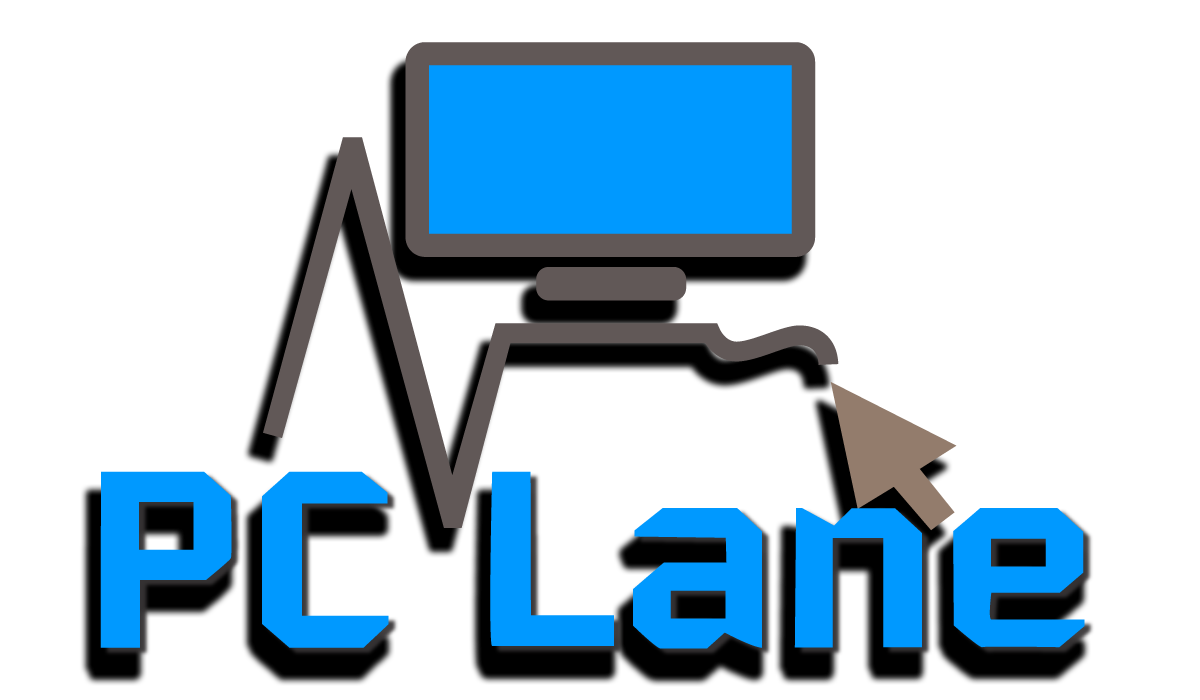# Salesforce Agentforce: Essential Tech Insights for Leadership Transformation
In today’s rapidly evolving digital landscape, the integration of AI agents within the Salesforce ecosystem is not merely a trend—it’s a transformation. As enterprise leaders strive to stay ahead, embracing intelligent systems like Salesforce Agentforce can drive efficiency, enhance customer engagement, and redefine strategic decision-making. In this post, we explore how AI agents are reshaping the Salesforce environment, the influence of open source movements exemplified by events such as SUSECON 25, and what it means for leaders aiming to harness the power of technology for real competitive advantage.
## The Fusion of AI Agents and the Salesforce Ecosystem
The Salesforce ecosystem has long been synonymous with cutting-edge CRM capabilities. Today, AI agents are enhancing that legacy by automating routine tasks, offering deep insights through data analysis, and enabling real-time decision support. These intelligent agents, powered by advanced machine learning, are at the heart of the evolving Salesforce platform, streamlining operations from lead management to predictive analytics.
For instance, Salesforce Einstein has become a flagship example of how artificial intelligence can be seamlessly woven into everyday business processes. Discover more about these innovative solutions on the official [Salesforce Einstein Overview](https://www.salesforce.com/products/einstein/overview/). With AI’s ability to process large volumes of data, decision-makers are now equipped with tailored insights, enabling a level of precision that was once impossible.
## Embracing the Open Source Momentum: Lessons from SUSECON 25
The conversation about AI in Salesforce would be incomplete without acknowledging the role of the open source revolution. Events such as SUSECON 25 have underscored the importance of open source in driving scalability and innovation. With open source frameworks reducing barriers and fostering collaboration, companies can integrate AI in more flexible ways, accelerating adaptation and performance.
SUSECON 25, in particular, highlighted how expanding open source platforms can lead to breakthroughs that benefit even complex ecosystems like Salesforce. For a deeper dive into the open source movement and its impact on enterprise technology, visit the [SUSECON 25 event page](https://www.suse.com/events/susecon-25/). This convergence of open source strategies with AI initiatives is a powerful testament to the modern leader’s need to be agile and forward-thinking.
## Leadership Transformation in the Age of Intelligent Automation
As AI agents become a central component of tech infrastructure, leadership paradigms are shifting. No longer is leadership solely about managing teams or driving sales; it now involves harnessing the potential of smart technology to create strategic advantages. Leaders must integrate AI-driven insights into their decision-making processes, ensuring that each operational move is backed by data and predictive analytics.
**Effective leadership in this era is marked by the ability to translate complex data insights into actionable strategies.** By leveraging AI, decision-makers can minimize risks, optimize resource allocation, and foster innovation. *”Innovation distinguishes between a leader and a follower.”* This sentiment rings particularly true in organizations that use AI as a catalyst for transformation.
For more insights on transforming leadership through technology, Harvard Business Review offers thoughtful perspectives on navigating the AI era. Explore their analysis on [Leading in the Age of AI](https://hbr.org/2020/07/leading-in-the-age-of-ai) for a comprehensive look at emerging trends and strategies.
## Implementing AI Agents: Opportunities and Challenges
While the benefits of integrating AI agents within Salesforce are profound, the journey is not without its challenges. Implementing these sophisticated systems demands a clear vision, robust data governance, and a commitment to continuous learning. Leaders and managers must navigate several critical considerations:
– **Data Integrity and Security:** With AI systems processing vast amounts of sensitive information, ensuring data integrity and compliance is paramount.
– **Change Management:** Incorporating AI-driven processes requires a cultural shift. Organizations must invest in training and communication to ensure smooth adoption.
– **Scalability and Adaptability:** As your organization grows, so does the complexity of your AI needs. A scalable infrastructure that can adapt to increasing demands is essential.
– **Interdisciplinary Collaboration:** Blending AI capabilities with business strategies involves cooperation among data scientists, IT professionals, and key decision-makers.
By addressing these challenges head-on, leaders can overcome resistance to change and fully embrace the power of AI-driven transformation. This proactive approach is not just about staying current; it’s the cornerstone of sustainable success in a competitive market.
## Real-World Impact: AI Agents Driving Business Outcomes
Several organizations have already reported significant improvements after integrating AI agents into their Salesforce operations. Enhanced customer interactions, more accurate forecasting, and streamlined operations are just a few of the tangible benefits seen across diverse sectors. Companies that have successfully adopted these technologies are now better positioned to respond to market dynamics and innovate faster than their competitors.
Moreover, the seamless integration of AI into day-to-day operations creates a feedback loop that continuously refines business strategies. As AI agents learn from live data, they offer increasingly precise recommendations, allowing organizations to pivot quickly in response to emerging trends. This dynamic environment, powered by intelligent automation, fosters a culture of continuous improvement and visionary leadership.
For additional perspectives on the practical benefits of AI in business transformation, Forbes provides an insightful discussion on [How AI is Transforming Leadership Today](https://www.forbes.com/sites/forbestechcouncil/2021/08/30/how-ai-is-transforming-leadership-today/).
## The Road Ahead: A Future Defined by Intelligent Transformation
The integration of AI agents in the Salesforce ecosystem represents much more than a technological upgrade—it marks a fundamental shift in how businesses operate and lead. As organizations continue to adopt these innovations, the traditional boundaries of leadership are expanding to incorporate new dimensions of digital intelligence and agile thinking.
Leaders who embrace this change are not only preparing their organizations for the demands of tomorrow but are also setting new standards for operational excellence today. **The journey toward a fully integrated, AI-powered enterprise is one of continuous learning and evolution.** As we witness the convergence of open source dynamism, intelligent automation, and visionary leadership, one thing is clear: the future belongs to those who dare to innovate.
In conclusion, Salesforce Agentforce is more than just an AI tool—it is a catalyst for leadership transformation. By understanding its capabilities, addressing the implementation challenges, and learning from open source pioneers like SUSECON 25, leaders can unlock unprecedented growth and operational agility. Embrace this change, and let intelligent transformation lead your organization into a new era of business excellence.



